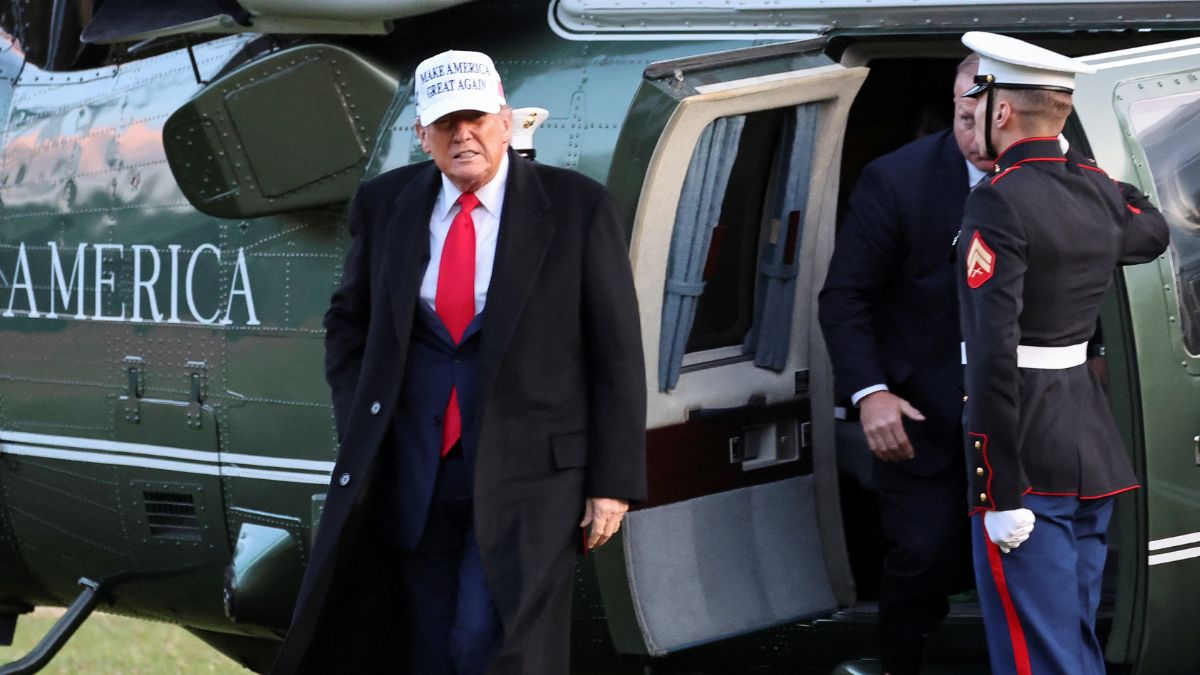In what appears to be a pivot away from immediate escalation, US President Donald Trump has set a two-week deadline to decide whether the United States will join Israel’s military campaign against Iran or pursue a diplomatic resolution.
Trump giving diplomacy last chance?
White House Press Secretary Karoline Leavitt conveyed Trump’s message: “Based on the fact that there’s a substantial chance of negotiations that may or may not take place with Iran in the near future, I will make my decision whether or not to go within the next two weeks.”
This statement follows Israel’s intense strikes on Iran, which began on June 13, targeting nuclear facilities, missile sites, and key military leaders, including top Islamic Revolutionary Guard Corps (IRGC) officials.
Talks on between US, Iran
Washington and Tehran are engaged in both direct and indirect talks, with the US pressing Iran to halt its uranium enrichment programme.
US special envoy Steve Witkoff and Iranian Foreign Minister Abbas Araqchi have held multiple phone conversations since Israel’s attacks started, marking the most substantive direct dialogue since April 2025 negotiations in Oman and Italy.
According to three diplomats cited by Reuters, who spoke anonymously due to the sensitivity of the issue, Araqchi insisted that Tehran would not resume negotiations unless Israel ceased its strikes.
The discussions also touched on an American proposal from May 2025 to establish a regional consortium for uranium enrichment outside Iran, which Tehran has so far rejected.
A regional diplomat close to Tehran noted that Araqchi hinted at potential “flexibility” on the nuclear issue if Washington could pressure Israel to end the conflict.
Europe-Iran talks
In parallel, Britain, France, and Germany are stepping up diplomatic efforts to prevent further escalation. The three nations are holding high-level talks with Iran in Geneva, the first face-to-face diplomacy with Tehran since Israel’s attacks began.
The meeting follows Trump’s remarks about the possibility of new talks, signalling a coordinated international push.
Critical juncture
Trump’s back-and-forth between threats of military action and openness to diplomacy highlights a deepening rift within his MAGA campaign.
The decision carries significant domestic political risk, as deeper US involvement in West Asia may end up alienating key voter bases while escalating tensions could bolster his strongman image.
Impact Shorts
More ShortsStrategically, the US has heightened its military presence in the region, with 40,000 troops deployed—up from the usual 30,000—and 27 military refuelling aircraft recently moved to Europe, suggesting preparations for potential long-range operations.


)

)
)
)
)
)
)
)
)



